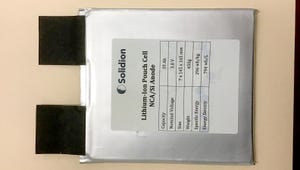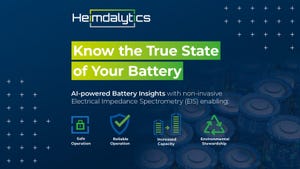Electra's Black Mass Battery Recycling Success
Electra Battery Materials Corporation's groundbreaking battery recycling trial achieved remarkable cobalt, nickel, and manganese recovery rates.
October 3, 2023
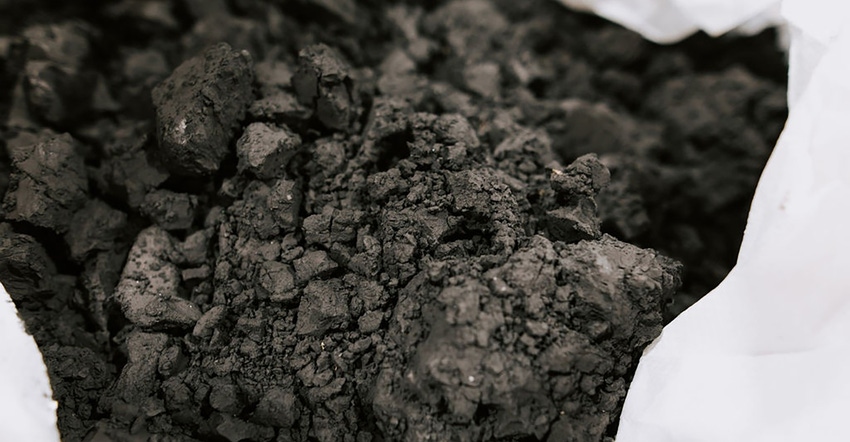
Electra Battery Materials Corporation, currently constructing North America’s only cobalt sulfate refinery, today provided an update on its battery materials recycling trial, confirming improved recoveries of high-value elements, higher metal content in saleable products produced, and reduced use of reagents. The improvements pave the way for higher-quality customer products and improved economics for continuous battery materials recycling operations. As a result of the successes achieved, Electra will continue to process black mass material at its refinery complex.
“Results from our plant-scale black mass trial continue to exceed our expectations,” stated Trent Mell, Electra’s CEO. “Recovery rates for nickel, cobalt, and manganese continue to improve along with enhancements to our hydrometallurgical process and reductions in reagent consumption. As we accelerate our black mass recycling strategy, our focus has broadened to include upstream battery scrap shredding as well as upgrading our refined products to a battery-grade quality. While we anticipate releasing a summary report of our findings from the demonstration plant we have been operating for the past nine months, we have decided to extend our demonstration plant operations to build on recent success.”
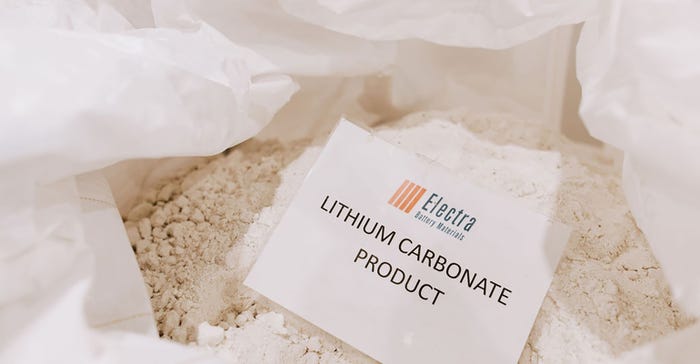
Electra's black mass recycling trial highlights
Electra has processed 40 tons of black mass material to date in a plant-scale setting, believed to be the first of its kind in North America.
Recovery rates for all targeted metals have improved since the start of the trial in late December 2022.
Recovery rates for manganese have improved by more than 50% from results achieved in a lab setting.
Metal content contained in the nickel-cobalt mixed hydroxide precipitate (MHP) produced from the recycling process has increased in the range of 5 to 10% since the start of the trial. An increase in metal content results in a higher value saleable product, thereby improving the potential economics of continuous recycling operations.
Approximately 20 tons of nickel-cobalt MHP product has been shipped to customers to date.
Reagent requirements have been reduced, and in some cases, alternative, less costly reagents have been used for improved overall metal recovery. Further, some of the reagent additions substituted have reduced overall impurity levels within the process. The reduction in reagent use and substitution of certain reagents are expected to lower operating expenses, thereby improving the economics of continuous recycling operations.
Based on results achieved to date, Electra has elected to continue processing black mass material at its refinery complex, to further enhance its process and continue delivery of saleable products to customers.
Electra anticipates providing a detailed summary report of its key findings from its black mass trial in the coming weeks.
“Our operations and technical staff have repeatedly demonstrated innovative solutions centered on improving efficiencies of our process while at the same time simplifying the flow sheet. These changes have been quickly applied in the field and generated value in products being produced. In addition to the gains made to metal recoveries and reagent use, other changes, such as improving the washing of saleable residues in our filter press equipment and recycling internal water streams, have improved our overall efficiencies. With our decision to continue processing black mass material in our goal to expand processing capacity, we now plan to further enhance our process and target battery-grade quality products,” stated Mark Trevisiol, Electra’s Vice President of Project Development.
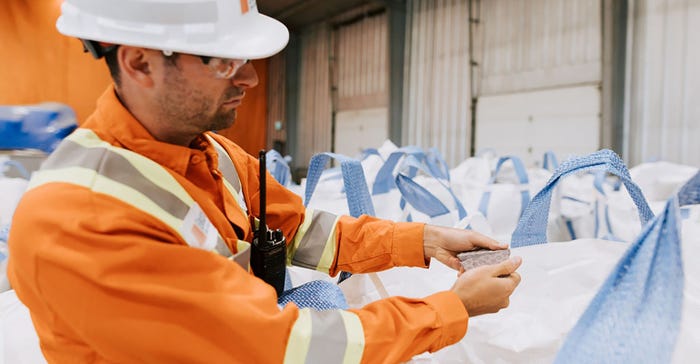
Electra launched its black mass trial at the end of December 2022, and has processed material in a batch mode, successfully extracting products containing lithium, nickel, cobalt, manganese, copper, and graphite. Electra’s trial is being conducted at the Company’s refinery complex north of Toronto. Although the cobalt refinery is still under construction, the refurbishment and installation of key equipment at the refinery complex allows the recycling trial to proceed alongside construction activities.
Established North American battery recyclers have focused on collecting and shredding of batteries with the resulting black mass material primarily treated by a pyrometallurgical smelting process that has a higher carbon footprint and lower metal recoveries than hydrometallurgical processes.
Recycling black mass will increasingly become a key feature of the EV battery supply chain, given the strong demand for critical minerals and the looming supply deficit of metals such as nickel and cobalt. According to data from McKinsey & Company, available battery material for recycling is expected to grow by 20% annually through 2040.
About the Author(s)
You May Also Like


